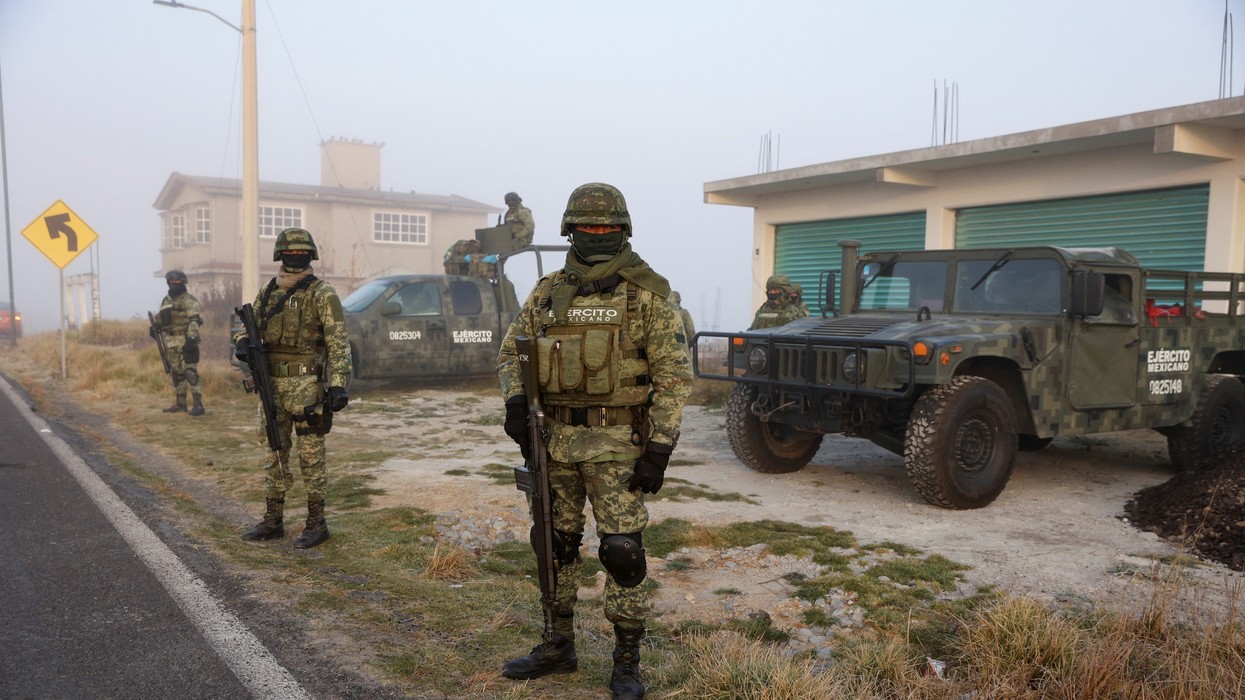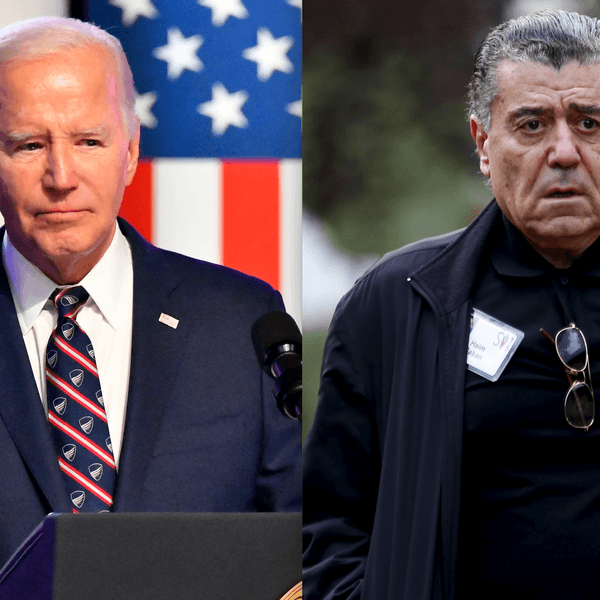A national security threat is emerging, but it’s not from abroad, and another F-35 won’t solve it.
Military families are reporting housing, health, and financial challenges, according to a survey released on Thursday by the Military Family Advisory Network. The survey found that nearly a quarter of enlisted families are experiencing food insecurity and that more than 60 percent of respondents pay more than they can comfortably afford for housing.
Overall, military and veteran families are facing financial hardships and some are suffering emotionally, with over 50 percent of military and veteran families reporting loneliness.
“When you look at all these things together, nothing is all that surprising that it would lead to some of these downstream effects,” says Shannon Razsadin, president of Military Family Advisory Network.
These downstream effects include a decline in military and veteran respondents saying they would recommend military life, and a recruiting crisis in the military, with every branch of the U.S. military struggling to meet its quotas.
Together these two issues — military families’ quality of life and recruiting challenges — paint a dark picture for U.S. national security.
“We can't ignore the sustained impact that issues like food insecurity, childcare, housing and spouse employment can have on a military family,” said 2022 AFI Air Force Spouse of the Year, Heba Abdelaal, of the challenges facing military families. “Together, we must continue the hard work of addressing the quality of life challenges our military families face at home and abroad. The future of our national security depends on it."
Currently, the National Defense Authorization Act proposes allocating $840 billion for national defense. With such a large price tag — and well documented waste, fraud, and abuse — many wonder why military families are struggling to meet basic financial and health needs.
To understand the current status of military families, MFAN surveyed 8,638 military and veteran families between October and December 2021 about their health, finances, housing, and food security, among others.
The survey found that 60 percent of military families reported moderate or poor health. The survey also found that military families are facing financial challenges. One-fifth of active service families and nearly 40 percent of veteran families surveyed reported less than $500 of emergency savings or no emergency savings fund. And over three-quarters of military families indicated that they carry debt.
These issues do not affect all servicemembers and veterans equally. Hispanic, American Indian, and African American respondents were more likely to fall into the “moderate” or “poor” health categories than their white non-Hispanic counterparts.
The discrepancies also applied to military rank. Those in the lowest enlisted ranks experienced poor family health at twice the rate of those in the middle of the officer category. And enlisted families reported food insecurity at nearly five times the rate of officer families.
The survey also found that families’ views of military life were changing. Between 2019 and 2021, the rate of military and veteran respondents saying that they would recommend military service dropped from about three quarters to 60 percent. Razsadin said that when respondents were prompted to explain why, they often cited that the challenges of military life outweighed the benefits. But the rate of civilians who said that they would recommend military life to someone they cared about stayed the same–at 46 percent– since the last survey in 2019.
“We're concerned about that finding,” said Razsadin. “To see this type of drop, while we're still seeing the civilian side remain consistent, is something that I think is really important to look at further.”
Meanwhile, Army Secretary Christine Wormuth recently told NBC news that “the Army is facing the most challenging recruiting market in the last 20 years.”
According to the Army’s website, 71 percent of young Americans do not qualify for military service and of those that do, only nine percent are willing to join. In June of this year, the military was 23 percent behind its recruiting goal for the year.
Given that military family members are more likely to enlist (79 percent of Army recruits have a relative who served) the survey’s dour findings about military families’ quality of life may be a factor in the military’s recruiting challenge.
As of June 17, the Army started offering a $35,000 bonus for new recruits. But Abdelaal is doubtful that efforts like this will make up for challenges facing military families.
"You can authorize all of the bonuses that you want,” she says. "Military members and their families are no strangers to sacrifice. But even additional money may not result in the quality of life changes necessary to sustain an all-volunteer military force."
The Quincy Institute will be hosting a panel on July 25 exploring the challenges facing our military families. Please RSVP here.















